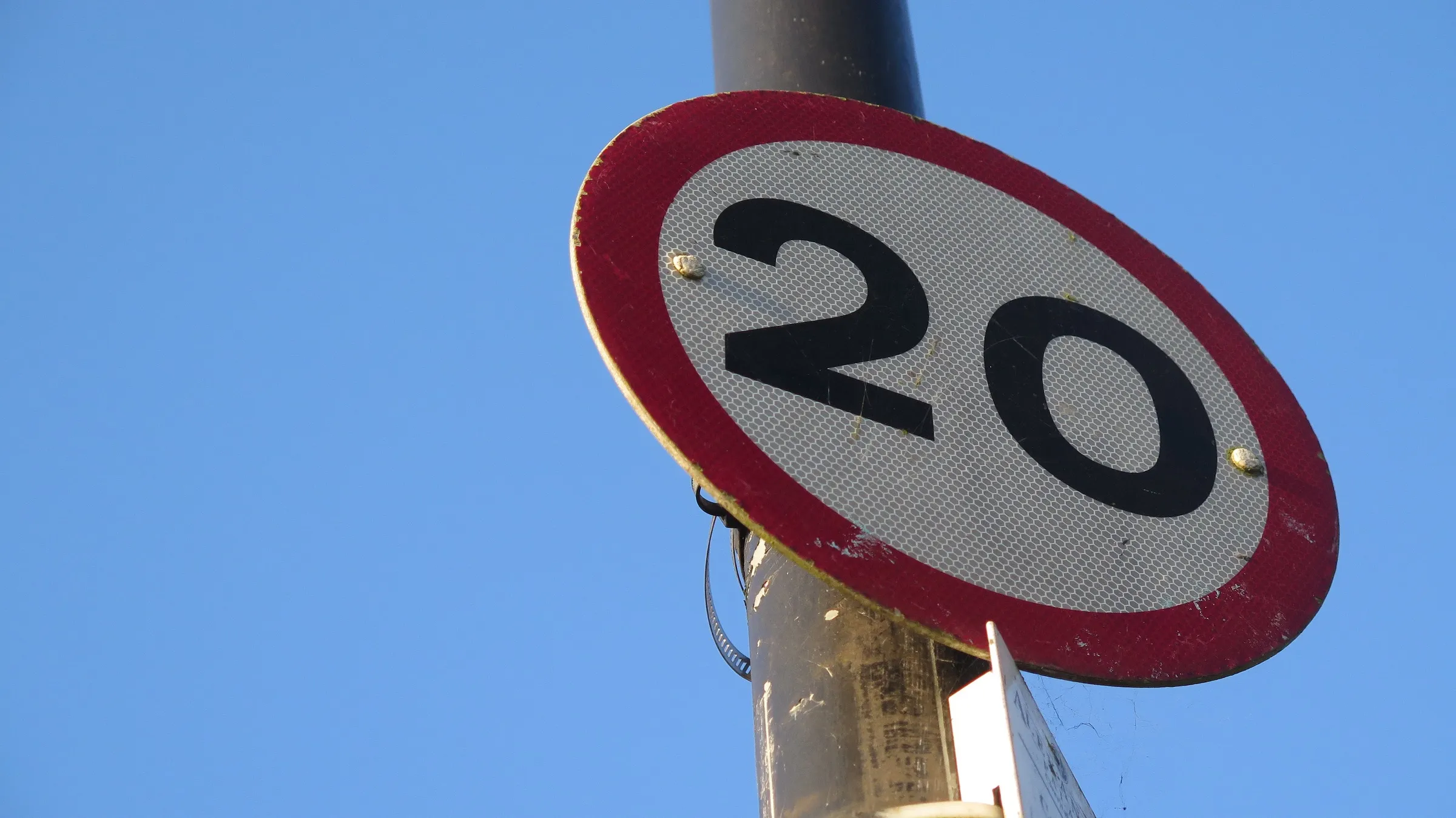
Lawmakers in Wales have approved legislation which will lower the default national speed limit on residential roads and busy pedestrian streets from 30mph to 20mph (30km/h).
The decision by the Welsh Senedd (Parliament), which received cross-party backing, means it is the first UK nation to make the move - but it does not mean that roads will automatically have the lower limit imposed.
Local authorities will be arbiters of which roads should remain at 30mph.
The new slower speed limits are currently being trialled in eight communities across Wales and will be rolled out nationally in September 2023.
At present, just 2.5% of Welsh roads have a speed limit of 20mph, but from next year this is expected to increase to approximately 35%.
Julie James, minister for climate change, said: “The evidence is clear, decreasing speeds not only reduces accidents and saves lives, but helps improve people’s quality of life - making our streets and communities a safer and more welcoming place for cyclists and pedestrians, whilst helping reduce our environmental impact."
In July 2021 the Welsh Government commissioned a public consultation to seek views on the proposed change, after a survey in November 2020 showed 'strong support', especially among parents or those with children in the household.







